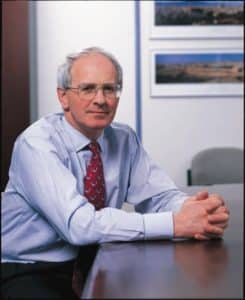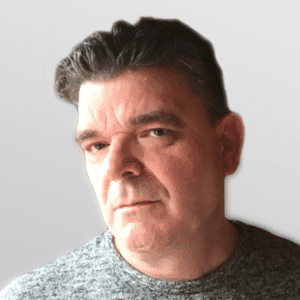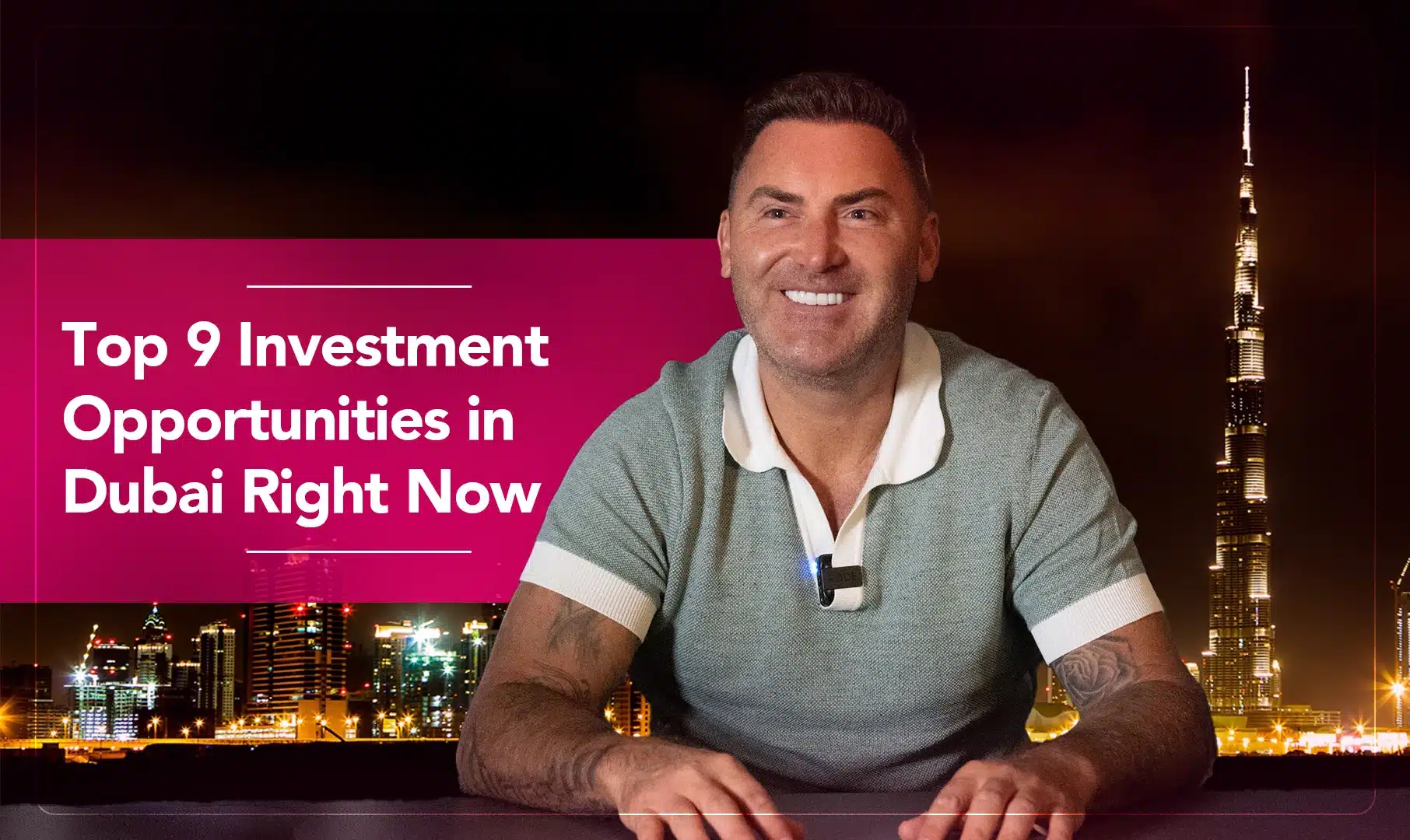
It was a humble home for what was to become a billion-dollar business. Half a floor above a doctor’s surgery in Tring, in Hertfordshire, a sleepy market town of around 11,000 people.
This was where multi-millionaire entrepreneur Gavin Oldham set up his business that planned to make a fortune by selling shares to the people.
Part of the establishment
Oldham didn’t really need to take a risk in the stock markets to make his name. In many ways, he was already part of the establishment – he went to Eton and Cambridge University.. His family name was already big on the London Stock Exchange.
“My great-grandfather set up a stock jobbing firm on the exchange in 1889. My grandfather and father both worked in it and I joined in 1976. The company was a market maker and used to handle 40% of turnover on the trading floor,” he says.
Trained as an engineer
“ I trained as an aero engineer and worked for an aircraft company, but ended up buying and doing spare parts for planes in the stores. So, I thought, here I am buying and selling spare parts for aeroplanes: why don’t I buy and sell shares.?”
Oldham joined the family firm and started to learn the business on the way to becoming a partner.
“There was no opportunity for everyone to get into the market.”
From his early days, he could see that very few people got involved in the share business and he vowed to change this.
Oldham is headed in the right direction with a career change. He moved to found Barclayshare – a retail investment arm of Barclays Bank.
“There was no opportunity for everyone to get into the market,” he says.
The Thatcher years
What a market it was for share dealing in the 1990s. Thatcherism was in its prime and the government was privatizing public companies left, right and centre: British Telecom, British Gas, you name it, in those days, if the taxpayer had once paid for it was up for sale on the stock market.
Oldham wanted his own retail share operation and sat down to think.
A 10-page document to destiny.
“I literally had to start it from scratch. I had nothing but a blank piece of paper. I worked hard in 1990 trying to get some big corporations. They were encouraging, but no one actually signed on the dotted line. I remember at Christmas time, in 1990, thinking either I am going to get it going myself, in a small way, or it is not happening.”
Oldham wrote a 10-page document that was the genesis of his venture the Share Centre.
Fingers crossed
“We started out in a very small office in Tring, crossed fingers, and hoped for the best,” he says.
“It was quite extraordinary. There was a doctor’s surgery downstairs; we had half a floor, and it was quite small. Brand new untried computer system there were a couple of people working with me from Barclayshare days, who were fantastic to work with, but there were literally three of us.”
“Ring to Tring.”
The problem was also that few people knew who they were and Oldham courted the press to try to garner publicity to help drive sales.
“We really appealed to the press to help us get underway and it was press coverage that got us going: there was an editorial saying:’Ring to Tring.'”
“I was appalled…”
Yet the system shut the Share Centre out of the big offerings, like the second tranche of BT shares in 1992.
“I was appalled to discover the government put the whole of that issue through the clearing banks and Sharelink,” he recalls and he went to the press to complain.
“My favourite headline was: “Fat cats get the cream!”
There were other problems too.
“There were times I wondered whether we were going to get through this.”
“There was one very difficult time. The old system we set up the business on, in 1991, we ran out of space by about 1994. The new system to come in wasn’t ready at that stage, it needed about another three, or four, month’s work. So, we had to run the whole business manually for about four or five months, in late 1994, and there were times I wondered whether we were going to get through this.”
Making it big
By the time BT 3 came around the Share Centre was in the mix and making money as the big-ticket share issues flowed.
“In 1994, we had to raise a bit of money and had a number of people to help us at that stage. That helped us to National Power and Powergen It was starting to get profitable in 1996. Colonial Mutual was quite big and we went on from there the issue Thompson Travel issue.
A million-pound profit at last
“In 1998/99, Bradford and Bingley Building Society had a big book and we said by any chance we could look after your book? Now, they were quite worried about the Y2K bug and whether their computers could survive moving through the year 2000. Basically, we did a deal with Bradford and Bingley and took on their corporate equity base both their personal PEPs and corporate PEPs and that really gave the company enormous stability. From 2000 we were moving quite well really.”
By 2000 the Share Centre was making a million pounds in profit helped by a stroke to increase the shareholder base almost overnight.
93,000 shareholders almost overnight
“We took a chunk of capital and offered it out to customers on a free share basis and all of a sudden we went from a few thousand shareholders to having 93,000…We didn’t want to go on markets like AIM so we set up our own market.”
Sold for $1.5 billion
Oldham sold the Share Centre – by then a part of a much larger global investment group – to Abrdn in a deal worth $1.5 billion.
In all of his dealings, he is proud to have been called an entrepreneur.
“You know, people look at entrepreneurs and they can’t really see a difference between them and the business directors they see around them. The difference is, when you are and entrepreneur you are bound into that business, there is no way you can step away from that business because you will lose everything…And entrepreneur makes a commitment and they go with it, they run with it and stick with it all the way through it is a completely different mindset, but it is deeply satisfying because you are in control of your own life.






